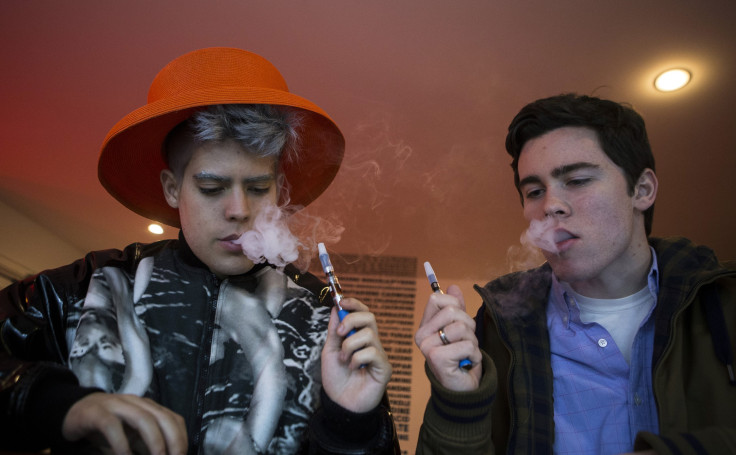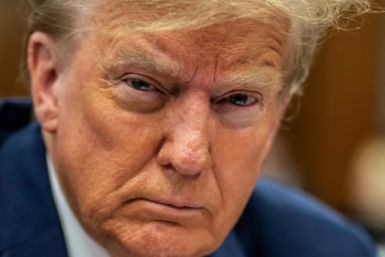Singapore bans e-cigarettes, smokeless cigars and other emerging tobacco products

Smokeless cigarettes have officially been banned island-wide in Singapore by the government.
The ban, put into effect on Dec. 15, also covers “emerging” tobacco products that are not yet available within Singapore. The Ministry of Health (MOH) believes that this step is necessary to ensure that such products are not able to make a foothold in the Singaporean market and increase the rate of tobacco consumption.
In addition, the Singapore government has also banned dissolvable tobacco and other products containing nicotine or tobacco, that may be injected, implanted to topically applied to the body.
The initial announcement about the government's plan to ban such products came in June 2015. The ban is a part of MOH's "ongoing efforts to protect the public against the known and potential harms of emerging tobacco products," states the government press release.
The ban on emerging tobacco products would be implemented in two phases. The first phase – announced yesterday – includes a ban on smoking cigars, dissolvable tobacco and other products containing nicotine or tobacco.
The second phase – expected to be implemented in Aug. 2016 – would cover products that are already available locally in Singapore. Such products include smokeless forms of tobacco that come as oral or nasal snuff, khaini, zarda and gutkha, which is made up of tobacco and betel nut.
The first phase will be effected via the Prohibited Tobacco Products Regulations made under Section 15 of the Tobacco (Control of Advertisements and Sale) Act, reports the Economic Times. Any person who contravenes the ban shall be liable to a fine not exceeding SGD 10,000 or imprisonment for a term not exceeding six months, or both.
For a subsequent conviction, the person will be liable to a fine not exceeding SGD 20,000 or imprisonment for a term not exceeding 12 months or both.
Contact the writer at feedback@ibtimes.com.au, or let us know what you think below.






